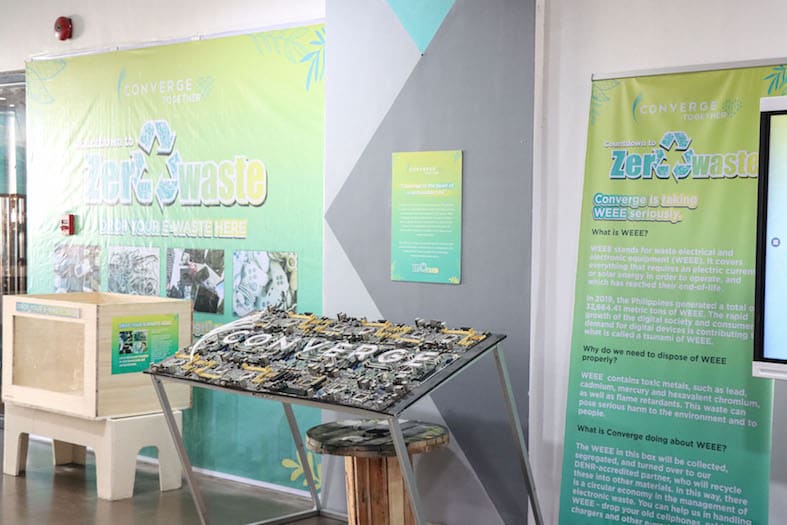Vice President and Education Secretary Sara Duterte-Carpio on Thursday suggested to the Commission on Elections (Comelec) to pay teachers in advance for their service during elections.

Duterte-Carpio said this during the National Election Summit held at the Sofitel Philippine Plaza in Manila.
Duterte-Carpio said public school teachers who spend long and tedious hours in polling precincts have been requesting advance and proper compensation.
“Of course, they travel, they eat, and they also have expenses during the days they are serving the country. Maybe it will be advanced, or it can be a consideration or a plan for future elections that will prioritize payments or compensation for our teachers,” the Vice President added.
The Comelec is currently preparing for the Barangay and Sangguniang Kabataan Elections (BSKE) which has been delayed in May and was pushed to December 2022. The BSKE was then again moved this year to October 2023. The last BSKE was held in 2018 and unlike the national polls which used automated counting, BSKE votes will be counted manually.
“This year, as we approach the Barangay and Sangguniang Kabataan Elections, we are called to demonstrate our commitment to a clean, honest, and meaningful election by improving efficiency and ensuring public confidence in the various stages of the entire electoral process,” Duterte-Carpio said.
“We owe it to them (teachers) to ensure the safe and credible conduct of vote canvassing. Maybe, we from the Department of Education will pay our teachers first before the election,” she said.
The Vice President also called on the Comelec to ensure the safety of the teachers serving during the elections. “Sometimes, teachers are intimidated by warlord politicians and used as tools in their fraud,” Duterte-Carpio said.
Duterte-Carpio added that these incidents usually happen in remote areas known to be controlled by politicians’ private armies.
The Vice President also suggested that the electoral process can move to something better than shading or writing on the ballots, suggesting to use of technologies such as fingerprints, face, and eye scanning to ensure the validity of the people’s votes.
Comelec chair George Erwin M. Garcia meanwhile said that the 1987 Constitution have empowered the poll body with a mandate and duty to administer and enforce election laws in the country.
However, Garcia admitted that Comelec cannot do it alone without the participation of other government agencies and other stakeholders.
“We need your help, your guidance, your criticisms, your well-meaning suggestions on how to further improve the conduct of all electoral exercises in the country. This is what the first election summit is all about,” Garcia said in his speech.
Garcia added that a leader who abandons and rejects good policies and programs coming from the citizenry is not a wise leader. “Leadership must not be arrogant, self-centered, and short-sighted. Furthermore, it is not important whether the citizen is attacking us or defending us. What is important is that he is heard,” Garcia said.
Garcia added that they want to be a Commission that hears and listens.
“The inevitable consequences of not listening to the people are disenfranchisement, disaffection, distrust, and dissidence. We do not want to be on the wrong side of history,” Garcia added.
Garcia said that the strength of our democratic system lies in the opportunity it allows its people to examine and correct their own excesses and shortcomings. “We, as the servants of the people, must act accordingly,” Garcia added.
“We in the Commission commit under oath the principle of transparency, accountability, and inclusivity. This is as we pursue our goal of “One Vision, One Mission, One Commission” to be true to our commitment to being the COMELEC of the Filipino people. All of this is for the people,” Garcia said.







